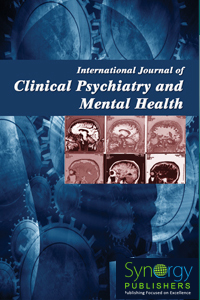
ORIGINAL RESEARCH: Heparin and Derivatives a New and Possible Treatment of Alzheimer’s Disease – Pages 51-52
Antonio N. Gómez Valdés
Department of Internal Medicine, Havana University School of Medicine, USA
DOI: https://doi.org/10.12970/2310-8231.2017.05.08
Download PDFAbstract: Our finding of the ability of heparin sulfate to control an psychiatric disorder as the onset of an acute myocardial infarction in elderly patients, led us to use this drug in Alzheimer‘s disease. A 78-year-old female patient with Alzheimer ‘s disease (AD) in moderate stage, was the first case that received heparin sulfate; initial dose of 10000 Uds, in 500 mls of 5% Dextrosa for IV inyection, weekly; demonstrating a significant improvement several hours after the initial treatment, in the cognitive impairment, especially in the memory and spatial orientation. Subsequently, five patients with AD received heparin having similar benefitial effect. We reported for the first time in the literature, both the atypical presentation of a myocardial infarction, controlled by heparin and, the effective response of Alzheimer’s disease after received this drug.
In conclusion, the initial results showed that the non-anticoagulant action of heparin and derivatives is effective for Alzheimer’s disease which could be a targeted drug for this disease.
Keywords: Psychiatric disorder, heparin, non-anticoagulant properties, clinical response, targeted drug.
Read more
